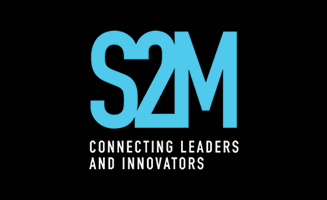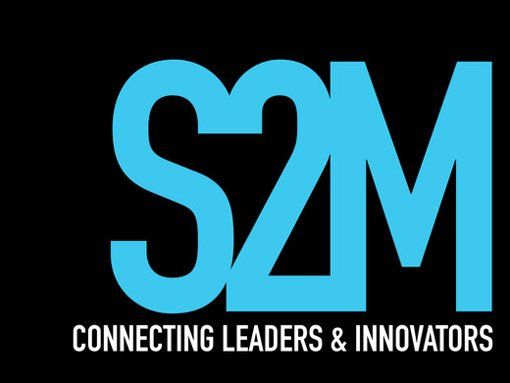How Blockchain technology could assist universal basic income
Blockchain technology has hit a stumbling block in recent months, as cryptocurrency markets have taken a slight tumble. In moments like these, it’s easy to forget that cryptocurrency markets are only one aspect of how disruptive blockchain technology is. It’s not just a store of value in the way cryptocurrency markets would make it out to be, but a technology that can seep into society in almost every socio-political aspect of money.
As it becomes increasingly clear that on a long enough timeline, humans will be faced with the problem of having their jobs taken away from them by machines, we will be faced with a dilemma not seen since the industrial age:
What do we do with all these people?
Universal basic income as an ideology
Universal basic income is an ideology that is defined by the simple premise that all humans should have the right to a “living wage”, which is the nominal amount of money that is believed to allow people to live with enough money to live their life. Some will confuse universal basic income with the concept of welfare, and there’s a big difference in where their distribution comes from.
Welfare is given out by the government, and to this day remains a hotly contested topic in political circles as something to debate. Universal basic income however, would not be subject to the same debate, nor would it be distributed via the banking system and subject to the old world rules of welfare. The question thus remains as to the logistics of how universal basic income would be distributed.
Blockchain technology may be the answer to universal basic income
Blockchain technology represents one of the most fundamental shifts in the way money can be distributed. Not only does it all for people to have their money distributed to them in a “zero touch” framework, but it gives people the rare opportunity to be distributed something of value without having to go through the government.
Blockchain technology can do this by reducing inequity
If you really think about it for a second, if everyone had the same amount of money, the world would probably look very different. There are certain aspects of society that are built around the assumption that not everybody has the same amount of money. Things like tax and superannuation are designed around brackets and tiers. Through concepts such as this, society builds barriers of inequity so that only some people can reap the rewards while others go without. Universal basic income is an attempt to reduce the inequities experienced by people who may be affected by things such as displacement of their jobs by technology.
Blockchain technology can see through that, to provide people with universal basic income by removing the inequities of the selfish. Though it would take decades, and we may not see it in our lifetimes, the possibility for blockchain to automatically provide income to those affected by the technological advancement of society. Though time will tell, at least we know we have the technology to make it happen.






